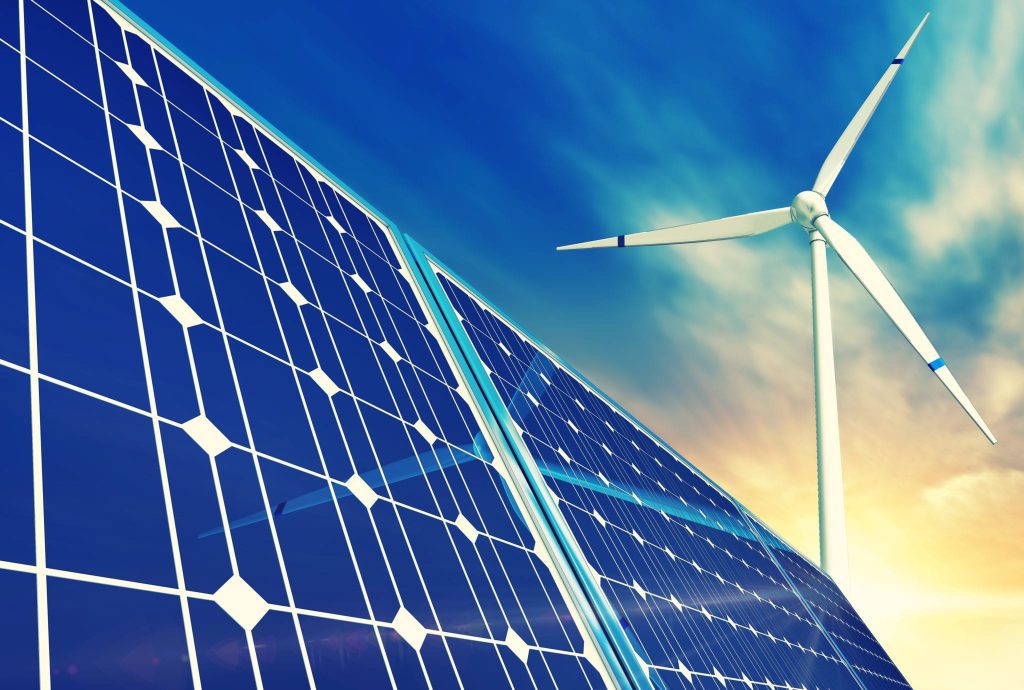Operators face rising pressures to enhance telecom sustainability
Community operators are dealing with rising stress to enhance telecom sustainability, and it’s coming from a number of instructions: Extra, and extra detailed, reporting and motion towards net-zero emissions are being required by regulators around the globe; buyers and lenders asking new questions on sustainability of operations and typically tying rates of interest to improved sustainability; stress from staff; shareholder stress to be as environment friendly as potential; and telecom prospects together with sustainability-related metrics in RFPs.
Analysys Mason just lately put in place a brand new analysis program centered on telecom sustainability, particularly as a response to the elevated consideration that the subject is receiving, and Simon Sherrington, analysis director at Analysys Mason, shared insights from the corporate’s analysis throughout a session at this week’s Telco Sustainability Discussion board.
The fluctuations in power costs between 2020-2022 drove loads of “introspection” amongst telecom operators to intently study their preparedness if costs have been to rise once more, and likewise to have a look at the knowledge of their power provide, Sherrington stated. Nonetheless, power costs on a world, nominal foundation have fallen again to roughly 2010 ranges after doubling between 2020 to 2022.
“Excessive power costs price post-covid actually put the power prices of operating telecoms networks within the highlight,” Sherrington stated. Nonetheless, power costs nonetheless differ “massively” from nation to nation, he added.
There may be additionally purpose for optimism that the standard equation of extra visitors which means the necessity to put money into extra capability and thus, extra power use, “may probably not apply going ahead,” Sherrington stated. Primarily based on Analysys Mason’s numbers, information visitors remains to be rising, however visitors development is outpacing the expansion in direct power consumption by telecom networks.
“Operators are actually working for cut back the power price per bit,” he stated.
Whereas operators’ progress on decreasing their total emissions is blended, some have made important strides in telecom sustainability. Sherrington pointed specifically to the examples of Tele2, which desires to achieve net-zero by 2029 and has invested in transitioning its fleet automobiles to electrical automobiles and use of biofuels, in addition to decreasing its reliance on diesel for backup energy technology. BT has vastly decreased its Scope 2 emissions since 2018 via switching to renewable power sources, inexperienced tariffs and renewable power credit.
Sherrington expects to see quite a lot of tendencies shaping telecom sustainability within the coming 12 months. Listed below are six of them:
–Reporting. New reporting laws, the Company Sustainability Reporting Directive, is coming into impact within the European Union. This requires corporations to place collectively “common reviews on the social and environmental dangers they face, and on how their actions affect individuals and the atmosphere,” in keeping with the European Fee.
In the meantime, United States telecom operators face new environmental-impact-related reporting necessities in California as effectively.
–Cooling upgrades. Sherrington stated that greater than 60% of the highest 50 world operators have indicated plans to implement liquid cooling at key locations their networks within the 2024-2026 timeframe, with an identical share reporting that they are going to be upgrading HVAC methods over the identical interval.

–Funding in large-scale electrical energy technology. Whereas maybe to not the extent of investing in nuclear reactors, Sherrington stated that “our surveys counsel that they’re wanting intently at investing or co-investing in their very own, large-scale off-site renewable power technology services,” and he expects to see a number of such bulletins in 2025.
–Outsourcing. On the different finish of the spectrum, some operators could resolve that managing their complicated infrastructure belongings and energy wants could be higher dealt with by a tower or infrastructure specialist firm, and outsource the administration of these belongings.
–Small-scale AI financial savings. Some operators are already beginning to apply synthetic intelligence to enhance their operational effectivity and seeing advantages to their environmental affect. For instance, Sherrington stated that Orange has used synthetic intelligence and automating buyer decision workflows, the corporate was capable of trim round 280,000 technician journeys to the sector, decreasing the related environmental impacts in addition to the prices.
–Circularity. “Operators are pondering onerous concerning the supplies used of their networks, and within the units that they supply to prospects,” Sherrington stated. “However the large factor right here goes to be recycling of copper. Operators are sitting on billions of {dollars} value of copper. Some have began extracting it, some have offered it off to buyers in order that they will understand the worth of it now, earlier than their copper networks are decomissioned. However we will count on to see many extra operators transfer to monetize their previous networks as they transfer post-decommissioning.” (BT mentioned simply such a legacy community technique in one other Telco Sustainability session, and you may examine it right here.)
To get extra insights from Sherrington’s session and extra content material on-demand, go to Telco Sustainability Discussion board.


